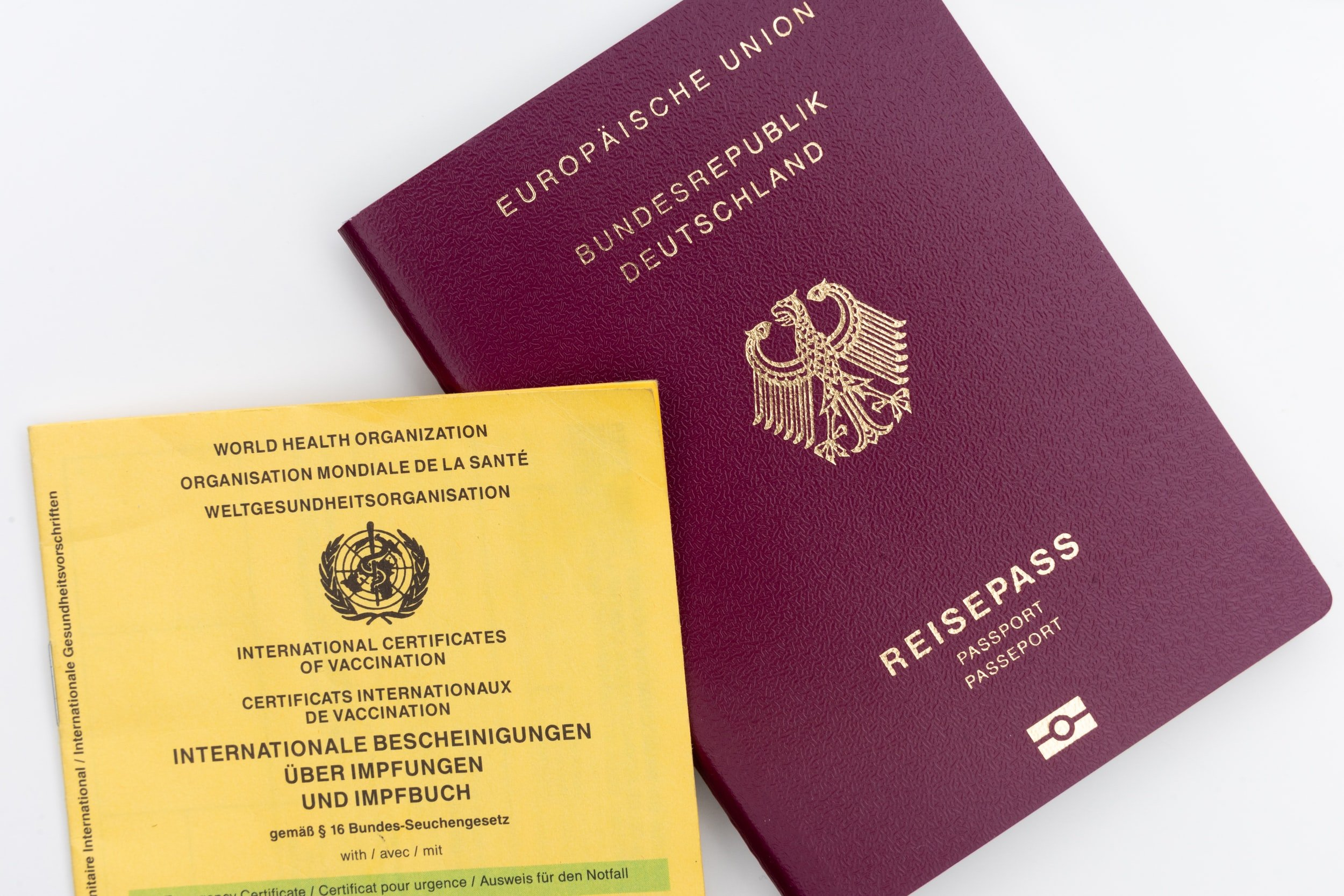By Yunus S Saliu

The Deputy Permanent Secretary of Tourism and Culture (MOTC) on Wednesday oversaw the validation exercise of the Gambia Tourism and Hospitality Institute (GTHI) Capacity Needs Assessment, and Curricula Needs Assessment and Development Tourism Diversification and Resilience in the Gambia project.
The validation ceremony was held under the Project Implementation Unit (PIU) of the Tourism Diversification and Resilience In The Gambia Project of the Ministry of Tourism and Culture at the GTHI premises, consultant for this assignment was SFere Consulting.
The validated report addressed two main assignments, one, an assessment of training demand and supply gaps by the hospitality and tourism industry of The Gambia; and two, a situational analysis of The Gambia Tourism and Hospitality Institute (GTHI).
In her opening address on behalf of the Permanent Secretary of the MOTC, the Deputy Permanent Secretary, Madam IsatouDrammeh, disclosed that the curriculum and capacity needs assessment and development are in line with the development aspirations of the National Tourism Policy 2021 -2031.
She explained that the consultant, Sfere Consulting was tasked to assess the necessary areas of improvement in GTHI’s curriculum, human capacity, and training facilities, to meet the fast-changing needs of the tourism and hospitality industry.
To achieve this objective, she said, the assignment required, first, a comprehensive review of GTHI’s current operations, teaching staff capacity, and suitability of training materials, equipment, and curriculum; second, an assessment of skills needed by the Gambian private sector, particularly around main gaps in areas currently not provided by GTHI or other national institutions; and thirdly, preparation of a plan for the redevelopment of GTHI as a Tourism and Hospitality Training Institution that addresses main gaps identified.
“This exercise was necessitated by the compelling case to expand the scope and institutional infrastructure of the GTHI, because ensuring quality, and a high standard of service delivery have become one of the key success factors for any tourism destination, and this success factor is also linked to product development and destination marketing,” she noted. Noting that “Given these shifting dynamics in hospitality, with emphasis on quality service delivery, to meet the needs of discerning guests, there is a need to incorporate new ideas in hospitality focusing on wellness and quality service in terms of beds and other functional and technical aspects including variety and presentation of culinary delights.”
However, DPS Drammeh reminded stakeholders of the Gambia tourism workforce which is currently facing a massive brain drain by the emergence of cruise ships, which wrecks the industry of its valuable workforce.
“It is worrisome that if this trend continues and no remedial measure is put in place to mitigate it, the industry manpower will be significantly affected and that will be a massive blow in our quest to achieve the anticipated development of the tourism sector,” she lamented.
She explained further that there has been a shortage of manpower in top and managerial positions in the tourism and hospitality industry, “consequently, an estimated 10% of the hospitality workforce constitute non-Gambian expatriates, mostly occupying top managerial positions in hospitality, with few Gambians in such positions. This is harmful to the sustainable development of the tourism and hospitality industry.

“All of these factors emphasize the need to revisit the institutional infrastructure, including capacity building, educational retraining of core hospitality instructors, and overhaul of the curriculum to make the GTHI more market-oriented and relevant to the needs of the industry.”
Once again, she thanked the consultants while applauding the PIU-TDRG project team for a job well done and the stakeholders “We value your expertise on this subject matter.”
In his opening remarks, Momodou Singhate, the Director General of the GTHI expressed gladness to host the review and validation event noting that the Gambia Tourism and Hospitality Institute has a very important role to play in terms of product development and service delivery for the country’s tourism sector.
He said this is important because human capacity development plays a key role in every development agenda and the government tourism office.
However, “I’m very much convinced by the work done by the consultants and also the experts that are around the table to look at this work and do the final validation for it to be implemented. The project directorate had been very resilient in ensuring that this particular assignment is being taken care of,” he added.
More so, he said capacity building needs assessment and curriculum development exercise is going along with kitchen training, and kitchen expansion, that they strongly believe that with a good curriculum to deliver, “so the support of the World Bank is not only limited to developing, but also the project is expanding the existing kitchen and also extending the kitchen to have a training component, training kitchen unit that goes along with this.”
Mr. Eric, lead consultant from SFere Consulting gave a brief remark while he was joined by the team of consultants to present the over 215-page report.





